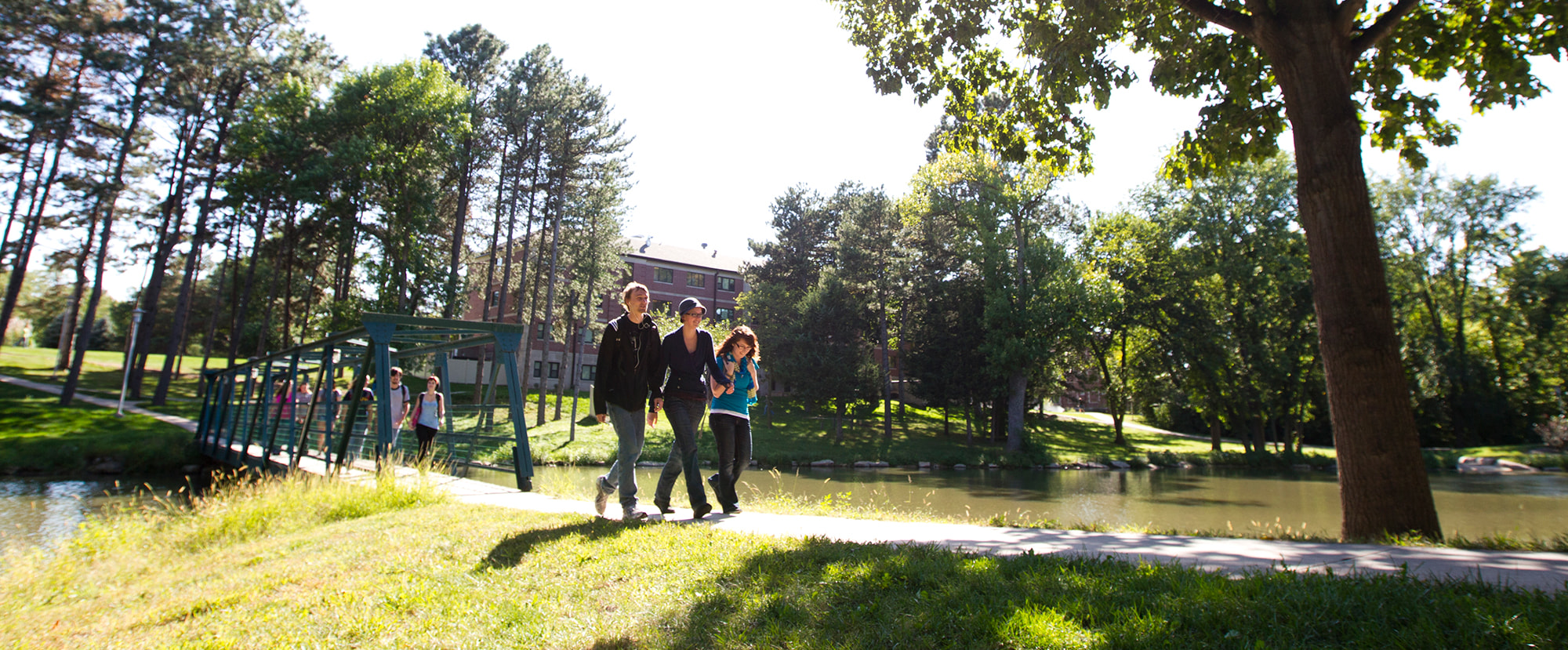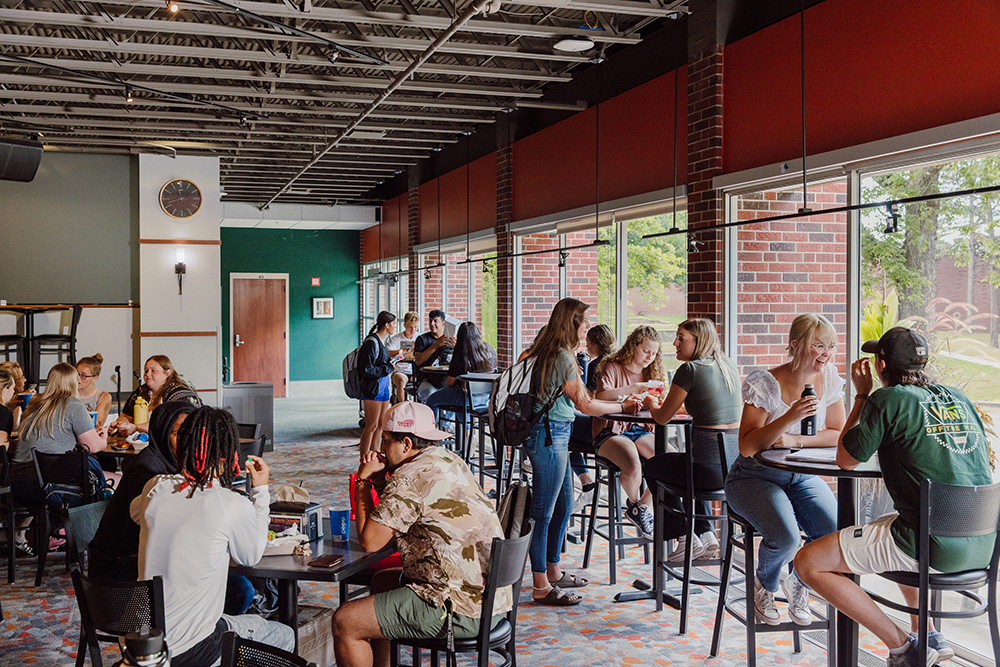
Ethics and Interfaith Studies
College of Arts and Sciences
Location: Crete
Degree Type: Undergraduate
College of Arts and Sciences offers a minor in Ethics and Interfaith Studies to equip students with the cross-cultural religious and ethical literacy they need to lead in a diverse world. Classes and discussions will explore the intersection of religions, ethical traditions and issues, and cultures. This interdisciplinary program will encompass multiple approaches from different fields of study, as well as experiential learning.
This minor is a strong addition to any of Doane’s majors. Because it’s interdisciplinary, we draw electives from Engineering, English, Environmental Studies, Information Science, Communication, History, Sociology and Health Sciences.

Courses
Faculty and Staff

Career Information
At Doane, we build leaders through a liberal arts education. An Ethics and Interfaith Studies minor prepares students to lead in diverse contexts and contexts with diversity. That is, you will find yourself in workplaces and other environments in which diversity is present and in which you’re faced with ethical questions. How you respond to that diversity and those questions will determine whether you succeed as a leader or not. Simply put, gaining and practicing cross-cultural religious literacy and ethical awareness will help you flourish in whatever profession you choose.
Doane’s Ethics and Interfaith Studies program includes a variety of topics and course modalities to assist students in gaining a content knowledge of ethical and cross-cultural religious literacy.
In courses like “Living Religions,” “Introduction to Ethics,” and “Christianity,” students learn about the practices and beliefs of different religious cultures and ethical thought, so that they can recognize, respect and empathize with diverse worldviews and understand differing conceptions of morality.
Our program is intentionally interdisciplinary to allow students to see and make connections from multiple disciplines and programs, such as engineering, sociology, leadership, communication and computing.
Through courses such as “Sex and Race in the Bible,” “Religions in America,” “Death and the Afterlife,” and “Religion and Violence,” students connect and relate cross-cultural religious and ethical literacies with other disciplines and explore them through multiple perspectives.
Students apply the literacies and connections they gain and make to solve problems, lead, and collaborate toward the common good. In our program, students develop essential religious and ethical literacy to lead in interfaith contexts. Just as important, they’ll develop the critical thinking skills with which they can question inherited worldviews and decide for themselves what beliefs and narratives will shape their life.
Aside from college, the workplace is where we encounter the most diversity. Through our course on “Interfaith Leadership” and the opportunity to complete an internship, students who want to lead in a variety of workplaces will gain an appreciation of multiple identities and worldviews, an understanding of diversity, and experience in dialoguing and collaborating with others who may have different identities.
Doane’s Ethics and Interfaith Studies program includes a variety of topics and course modalities to assist students in gaining a content knowledge of ethical and cross-cultural religious literacy.
In courses like “Living Religions,” “Introduction to Ethics,” and “Christianity,” students learn about the practices and beliefs of different religious cultures and ethical thought, so that they can recognize, respect and empathize with diverse worldviews and understand differing conceptions of morality.
Our program is intentionally interdisciplinary to allow students to see and make connections from multiple disciplines and programs, such as engineering, sociology, leadership, communication and computing.
Through courses such as “Sex and Race in the Bible,” “Religions in America,” “Death and the Afterlife,” and “Religion and Violence,” students connect and relate cross-cultural religious and ethical literacies with other disciplines and explore them through multiple perspectives.
Students apply the literacies and connections they gain and make to solve problems, lead, and collaborate toward the common good. In our program, students develop essential religious and ethical literacy to lead in interfaith contexts. Just as important, they’ll develop the critical thinking skills with which they can question inherited worldviews and decide for themselves what beliefs and narratives will shape their life.
Aside from college, the workplace is where we encounter the most diversity. Through our course on “Interfaith Leadership” and the opportunity to complete an internship, students who want to lead in a variety of workplaces will gain an appreciation of multiple identities and worldviews, an understanding of diversity, and experience in dialoguing and collaborating with others who may have different identities.


